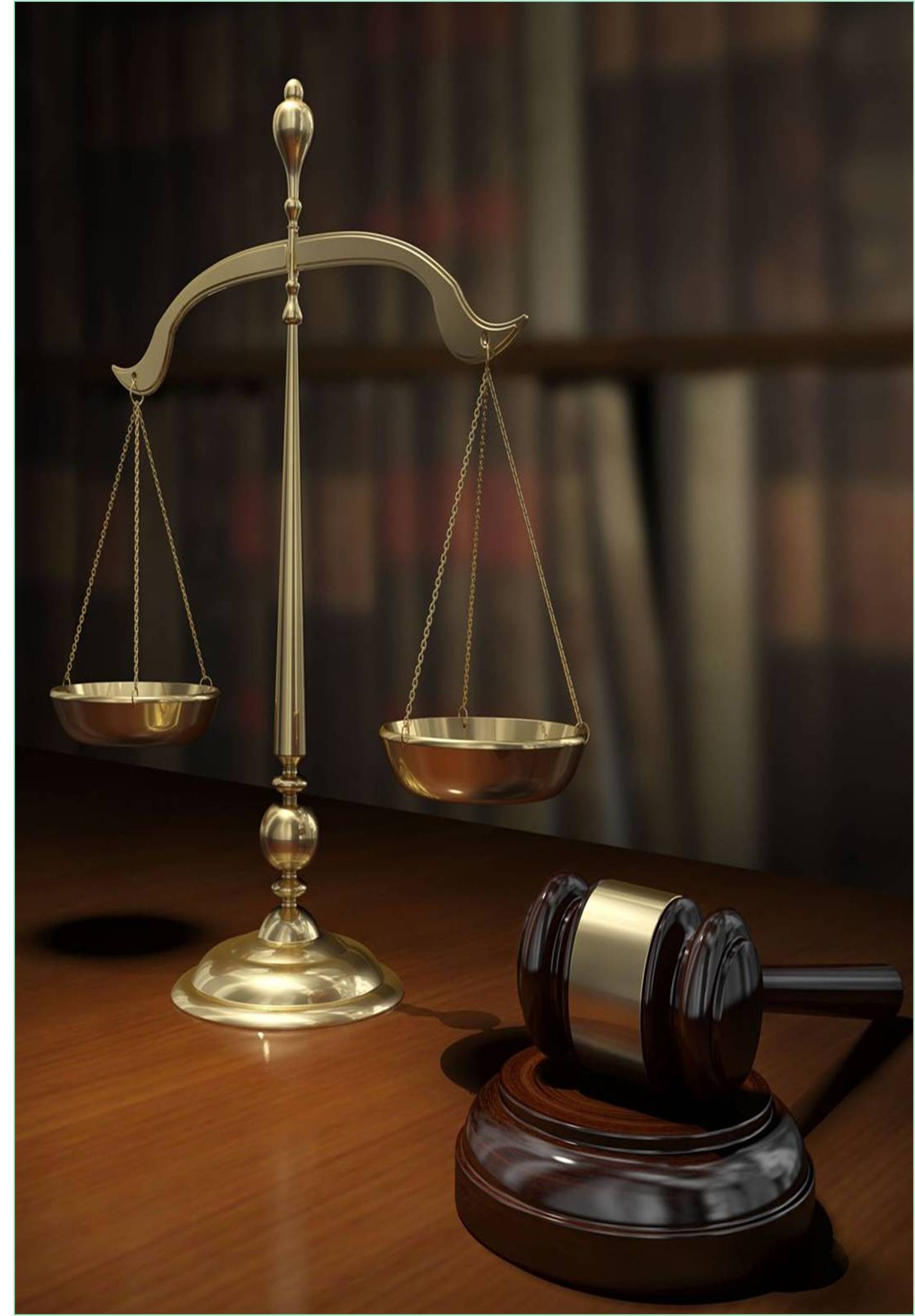



Received: 29-Jul-2022, Manuscript No. IJLCR-22-61308; Editor assigned: 01-Aug-2022, Pre QC No. IJLCR-22-61308(PQ); Reviewed: 16-Aug-2022, QC No. IJLCR-22-61308; Revised: 23-Aug-2022, Manuscript No. IJLCR-22-61308(R); Published: 30-Aug-2022, DOI: 10.15651/2408-5512.22.10.051
Complex technology is transforming every segment of the legal ecosystem, including employees, division of labor, economy, structure, providers, skills, career paths, education and training, client expectations and culture. And while consumers and millions of people who are currently denied access to legal services welcome the change, most lawyers do not. Technology has overturned predictable career paths and reshaped how many lawyers work for, with whom, and under what conditions. In short, technology is changing the legal culture and changing the meaning of becoming a lawyer.
Technology and tools used by lawyers
File-sharing tools: File sharing is inevitable in legal affairs. However, the most common method of sharing (think email) is not always the most secure. With the remote office boom, the need for alternative file sharing solutions is increasing which covers activities such as communicating with customers, sharing caserelated documents, and sharing signature contracts. Many companies uses tools such as Dropbox, IBM Aspera, Citrix ShareFile, and cloud sharing.
Artificial intelligence in the courtroom: Artificial Intelligence (AI) is on the rise and can change the way legal teams conduct investigations. Recently, ROSS Intelligence has begun using IBM Watson to conduct legal investigations. Watson can learn legal terms and perform legal searches automatically. The amount of case law and statutes that a service can traverse is unmatched by standard legal search engines. People are also using AI to create and review contracts. These developments give lawyers the opportunity to regain their time. Soon, everything you can do with your computer will be taken over by the AI program.
This allows lawyers to focus on tasks that are difficult. The relationship between lawyers and technology is delegated.
Computer simulations: Simulations help determine the potential extent and impact of a particular scenario. Such scenarios include car accident reconstruction, ballistic investigations, and crime scene reproductions. This is possible because the software is running a myriad of mathematical and logistic scenarios. Computer-generated evidence is becoming more and more common in modern courts (and yes, even in court zoom). Almost all state and federal circuit appeal courts have been working on its use in some way. It saves time and money invested in professionals who would otherwise take a much longer time to identify. As with any form of evidence, you should always judge when it is beneficial to your case and when it is not, and when will simulation be useful and when will it be distracting.
Drafting documents: You can save all of the confidential material to your computer's hard drive. You can keep a permanent record of each case and update the file at any time to address complaints and new issues. Prior to the availability of computer programs, lawyers used typewriters, word processors, and handwritten documents to create something in court. These documents required a great deal of effort to proofread, enter, and duplicate on paper.
E-filing: Electronic filing has changed the way courts receive and file documents. Lawyers no longer have to inspect filing cabinets or install cases to find relevant filing materials. They can break down the filings even further by separating the filings into different stages of the litigation, such as pre-trial motions, discovery, objections, and appeals.
Mobile technology: Mobile technology allows lawyers to brainstorm ideas and devise winning strategies. You can also use voice recording to transcribe into text to capture your ideas. Lawyers can now search social media to find evidence to use against other parties. Most stakeholders are unaware that this information is easily accessible.